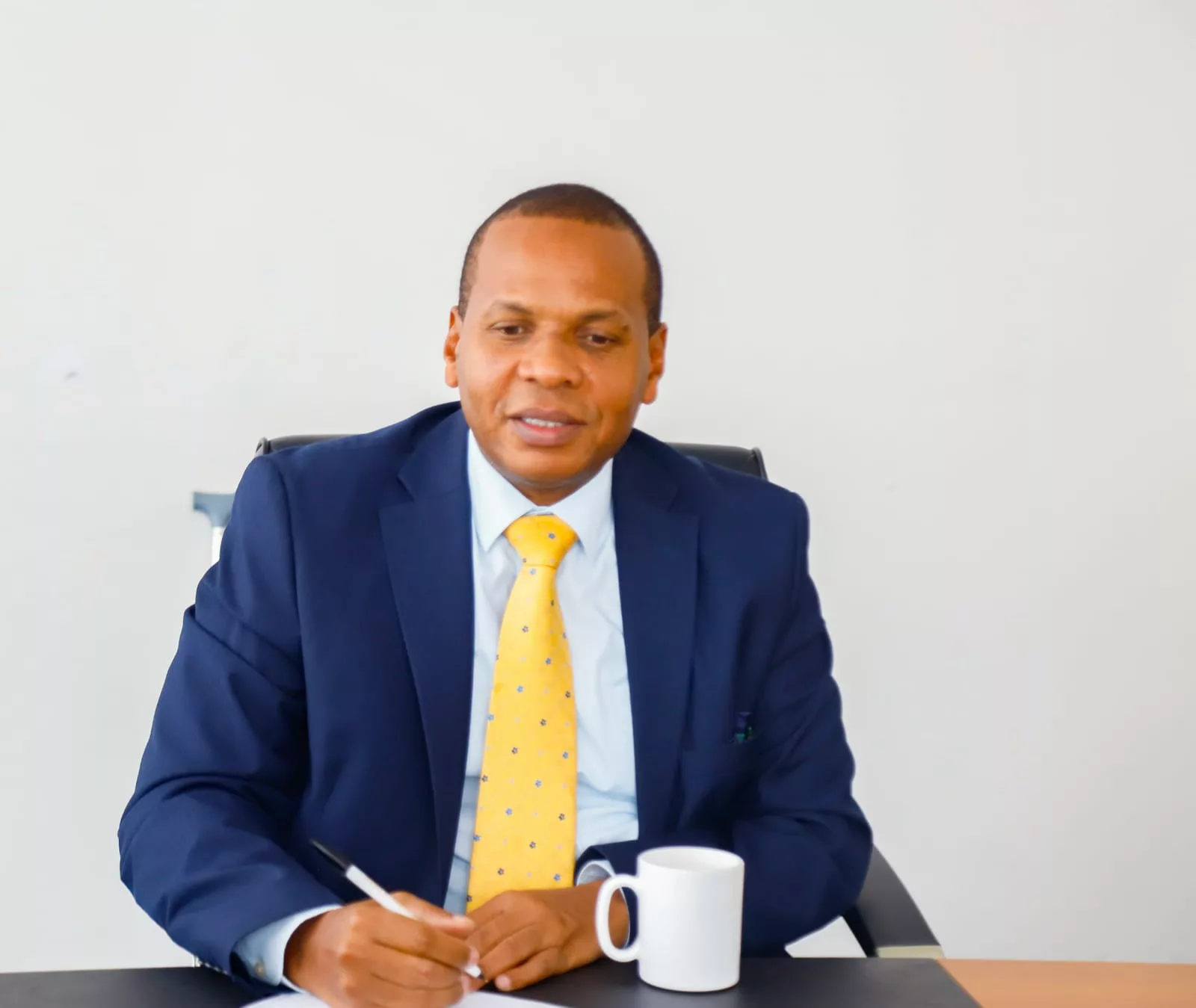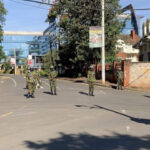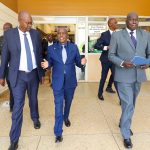Members of the Pan-African Parliament (PAP) have demanded greater involvement of the Continental Legislative body in the processes leading to the election of the next Chairperson of the Africa Union Commission (AUC).
Leading the charge, Senator Danson Mungatana, leader of the Kenyan delegation to the Pan-African Parliament, stressed the need for the contestants vying to lead the African Union Commission to address the representatives of the people of Africa on their vision for the Continent.
He was of the opinion that the Pan-African Parliament should work collaboratively with the African Union Commission to invite the contestants to address the Pan-African Parliament on their vision and manifesto for the AUC Chairpersonship.
The call by Senator Mungatana, which was supported by other MPs, was aligned with the mandate of the Pan-African Parliament to ensure the full participation of African peoples in the economic development and integration of the continent.
The PAP is intended as a platform for people from all African states to be involved in discussions and decision-making on the problems and challenges facing the continent.
The election process of the African Union Commission is underway with the call for interested candidates to submit, to their member states, their curriculum vitae, along with vision statements outlining how they intend to advance the transformative agenda of the African Union and to address the existing and emerging challenges facing the continent.
The elections will take place in February 2025 during the African Union Summit. All eight (8) Senior leadership positions of the AU Commission are open for candidates’ submissions guided by the regional allocation of the portfolios.
The positions include that of the Chairperson, the Deputy Chairperson, and 6 Commissioner posts.
Kenya’s former Prime Minister Raila Odinga is in the race for the top post. He will face off with Djibouti Foreign Minister Mahmoud Ali Youssou, former Mauritius Foreign Minister Anil Kumarsingh Gayan, and Richard James Randriamandrato, a former Madagascar Foreign Minister.
EXPLAINER-THE ELECION PROCESS
The February 2025 election process will be based on the principle of inter-regional rotation that dictates that: The Eastern region will submit both male and female candidates for the role of Chairperson.
The Northern region will submit both male and female candidates for the role of Deputy Chairperson. The remaining three regions (Central, Southern, and Western regions) will submit at least two candidates (one female and one male) for the six portfolios of Commissioners.
The African Union Commission elections are conducted as follows; the Assembly of Heads of State and Government elects the Chairperson and Deputy Chairperson. The Ministerial Executive Council elects the Commissioners, who are appointed by the Assembly. Gender rotation is considered in the elections such that if the Chairperson is male, a female is elected as the Deputy Chairperson and vice versa.
The Commission elected senior leadership members to serve for a term of four years, renewable once.
Ahead of the elections conducted in a secret ballot, candidates vying for the position of the Chairperson of the Commission participate in a televised debate broadcasted LIVE to African citizens.
The Africa Leadership Debate dubbed MjadalaAfrika is a platform that provides candidates an opportunity to outline their vision of how they will lead the transformation of Africa through the implementation of the AU Mandate and Africa’s Agenda 2063.
The debate allows African citizens and other stakeholders to put forward questions to the candidates on issues they want to be addressed on how to propel the continent’s growth and ensure Africa achieves its goals for integrated and sustainable development and becoming a major player in the Global Arena.
The African Union election process is guided by principles that ensure there is equitable regional representation, gender parity, attracting and retaining Africa’s top talent, accountable and effective leadership and management, and transparent and merit-based selection.
SOURCE: PAN AFRICAN PARLIAMENT





